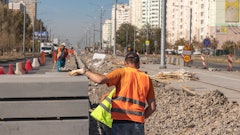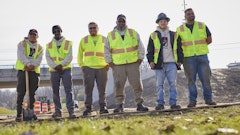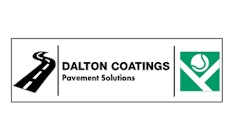
Most Virginians are adamant about not wanting to raise taxes to address transportation problems, but depending on where they live, they disagree about whether fixing urban congestion is a regional or a state responsibility, according to a new poll.
Almost one of every four likely voters indicated that if the state needs to make more budget cuts, they want to start with transportation spending.
The findings are part of a new statewide poll by the Judy Ford Wason Center for Public Policy at Christopher Newport University that was conducted for The Virginian-Pilot and WVEC-TV. Researchers conducted telephone interviews with 506 likely voters throughout Virginia on Oct. 8-13.
Almost 60 percent of those polled said higher taxes aren't needed and transportation improvements can be made without additional revenue. Those who identified themselves as Democrats were divided on the question, but Republicans and independents strongly opposed new taxes. The poll's margin of error is plus or minus 4.4 percentage points.
When asked where the state budget might be trimmed if more cuts were required, transportation was the top choice for 23.5 percent of those polled. The next most popular option was to trim all areas equally - favored by 20.5 percent.
Virginia's Department of Transportation already postponed projects, closed rest stops and laid off employees to offset an estimated $4.6 billion loss of revenue for roads over the next six years. It has also shifted money from construction to maintenance, which means less state money for city and county projects.
The Hampton Roads Transportation Planning Organization estimates it will cost at least $10 billion to build the region's major highway needs.
"I see a lot of frustration and confusion about how transportation works, how it's funded and where the money goes," said Quentin Kidd, a CNU political scientist and the center's director. "The data suggest there's a lot of education that needs to go with transportation."
For example, only one of every eight people polled knew that the state's gasoline tax is about 18 cents a gallon - 17.5 cents to be precise. About two-thirds of those polled said they couldn't venture a guess.
When asked whether the state's gasoline tax should be increased, almost 69 percent opposed the idea and 25 percent favored it.
"There's a fundamental, almost philosophical opposition to raising taxes," Kidd said, adding it might be that many people who oppose an increase don't realize that Virginia's gas tax is among the lowest in the country.
Virginians who were polled supported some ideas for raising money for roads that are being championed by Bob McDonnell, the Republican candidate for governor.
McDonnell has opposed tax hikes and supports raising money by, among other things, selling state-run liquor stores to private buyers, placing tolls on Interstates 85 and 95 at the North Carolina border, using future revenue from Virginia's ports and setting up public-private partnerships that probably would mean using tolls to pay private investors.
Most people polled supported selling the liquor stores. They were mixed on whether they wanted to increase tolls. About half said tolls were fine for major projects , but they were split over whether they wanted them on the state's southern border. Most favored using port revenue but by a smaller margin.
His Democratic opponent, state Sen. Creigh Deeds, has dismissed McDonnell's plan as a nonstarter, noting that some of his ideas have already failed in the General Assembly and others require federal approval.
Deeds has said that a new source of revenue will be needed to raise more than $1 billion a year to address transportation problems. He proposes to establish a bipartisan commission after the election that will develop a statewide transportation plan with new funding sources.
Deeds has declined to say what taxes, fees or tolls he might support, saying simply that he will work to pass the funding plan developed by the commission.
Kidd said one of the more telling findings in the survey was indications of a regional disagreement about who should be responsible for dealing with traffic gridlock in Hampton Roads and Northern Virginia.
Large majorities of those polled from Hampton Roads and Northern Virginia want the state to be heavily involved. Residents of western and southwestern regions were split on the question. And a majority of Richmond area residents who were polled said the two other urban areas should take care of their own problems.
"I see regional balkanization," Kidd said.
Bill Bartel, (757) 446-2398, [email protected]
more poll resultsFind out where Virginians stand on sales at gun shows . Page 5


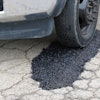

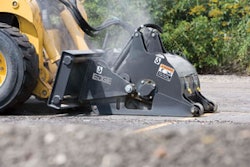
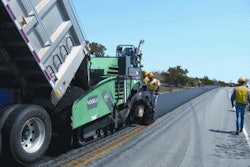
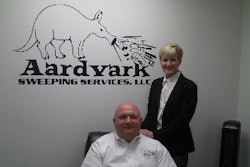




![Lee Boy Facility 2025 17 Use[16]](https://img.forconstructionpros.com/mindful/acbm/workspaces/default/uploads/2025/09/leeboy-facility-2025-17-use16.AbONDzEzbV.jpg?ar=16%3A9&auto=format%2Ccompress&fit=crop&h=135&q=70&w=240)


